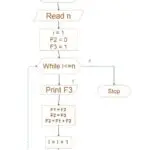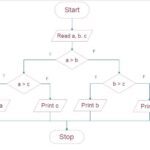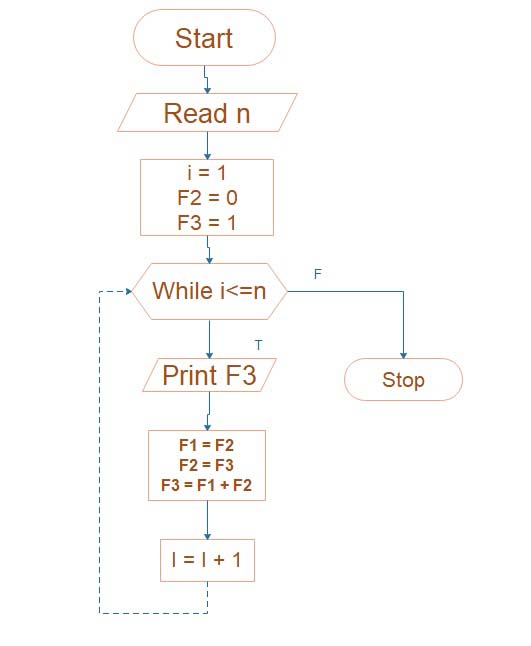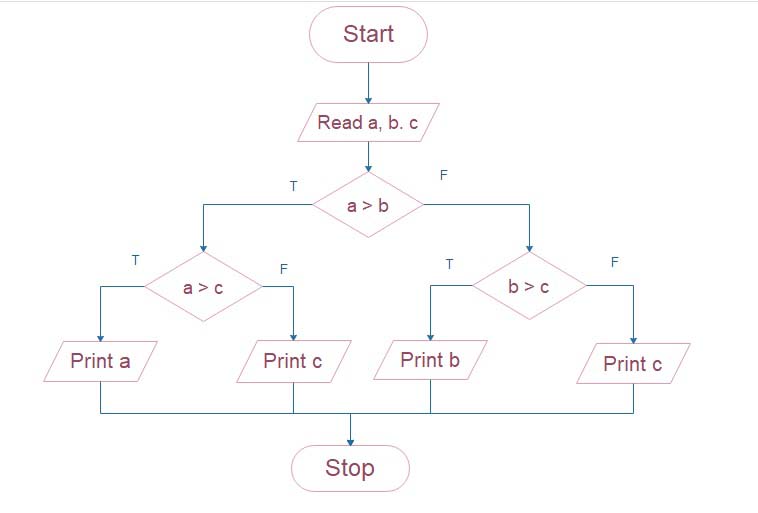how to solve increment and decrement operators in c
Increment and decrement operators
Q) Explain increment and decrement operators in C.
- C allows two beneficial operators not generally found within other languages. These are increment(++) and decrement (–) operators. Both are unary operators.

Increment operator
- The increment operator (++) is used to increase the value of the variable by 1(one). It means: a=a+1; is similar to a++;
how to solve increment and decrement operators in c?
In C, the increment and decrement operators are used to increase or decrease the value of a variable by one.
The increment operator (++) adds 1 to the current value of the variable, while the decrement operator (–) subtracts 1. These operators can be applied to both integer and floating-point variables.
The basic syntax for using the increment and decrement operators is as follows:
variable++; // Increment the variable by 1
variable–; // Decrement the variable by 1
The operators can be used in different ways depending on their position relative to the variable.
If the operator is placed before the variable (++variable), it is called a pre-increment or pre-decrement operator. It increments or decrements the value of the variable and returns the updated value.
If the operator is placed after the variable (variable++), it is called a post-increment or post-decrement operator. It increments or decrements the value of the variable but returns the original value before the increment or decrement.
Here’s an example to illustrate their usage:
int num = 5;
int result1 = ++num; // Increment num and assign the updated value to result1
int result2 = num++; // Assign the current value of num to result2 and then increment num
In this example, result1 will be 6 because num is incremented before assigning the value. result2 will be 6 as well, but num will become 7 after the statement.
It’s important to use these operators carefully to avoid any confusion or unintended behaviour in your code.
Following are the two types of increment operators:
- Pre-increment operator(++1)
The pre-increment operator (++1) is used to increment the value of the variable before it is getting used. It means this operator increments the value and that incremented value is then used.
Example:
void main()
{
int a = 10, b;
b = ++a;
printf(“a = %d b = %d”, a, b);
getch();
}
Output:
a = 11 b = 11
- The post-increment operator (i++)
The post-increment operator (i++) is used to increment the value of the variable after it is used. It means this operator postpones the increment of the value.
Example:
void main()
{
int a = 10, b;
b= a++;
printf (“a = %d b = %d”, a, b);
getch();
}
Output:
a=11 b=10
Decrement operator
The decrement operator –is used to decrease the value variable by 1(one). It means:
a=a-1; is similar to a–;
Following are the two types of decrement operators;
- Pre decrement operator(–i)
The pre-decrement operator (–i) is used to decrement the value of the variable before it is getting used. It means this operator decreases the value and that decreased value is then used.
void main()
{
int a=10,b;
b=–a * 2;
printf (“a=% d b =%d”, a, b);
getch();
}
Output:
a=9 b=18
- The post-increment operator(i–)
The post-decrement operator (i–) is used to decrease the value of the variable after it is used. It means this operator postpones the decrement of the value.
Example:
void main()
{
int a=10, b;
b=a– * 2;
printf (“a=%d b=%d”, a, b);
getch ();
}
output:
a=9 b=20













